
Stage Crew Job Description
What is a Stage Crew Professional?
A typical stage crew is responsible for the set up and tear down of all stage production elements before and after a show. This can include setting up props, making sure the set pieces are in place, running lights and sound checks, and double checking that all safety precautions are in place. The stage crew works closely with the director to ensure that the vision for the show is carried out flawlessly. During the actual performance, the stage crew is responsible for operating all technical aspects of the production, such as lighting cues and sound effects. They also stage assistants during scene changes or other special effects routines.
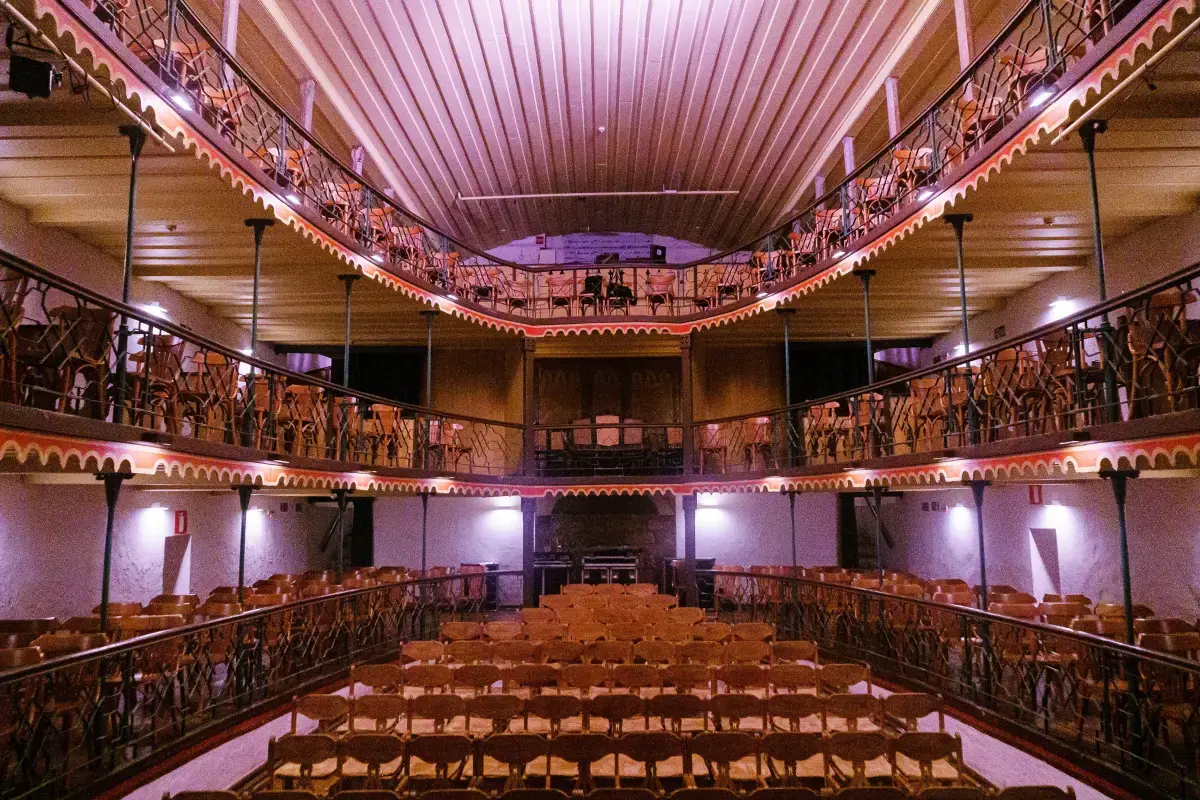
What does a Stage Crew Expert do?
In some cases, they may even be responsible for moving scenery around backstage! Afterward, they help strike the set and return everything back to its original state. While their job may seem like it’s all work and no play, being part of a stage crew can be a very rewarding experience. It’s a chance to be creative and work together as a team to bring a production to life. Plus, it’s always exciting to see how an audience reacts when everything comes together perfectly!
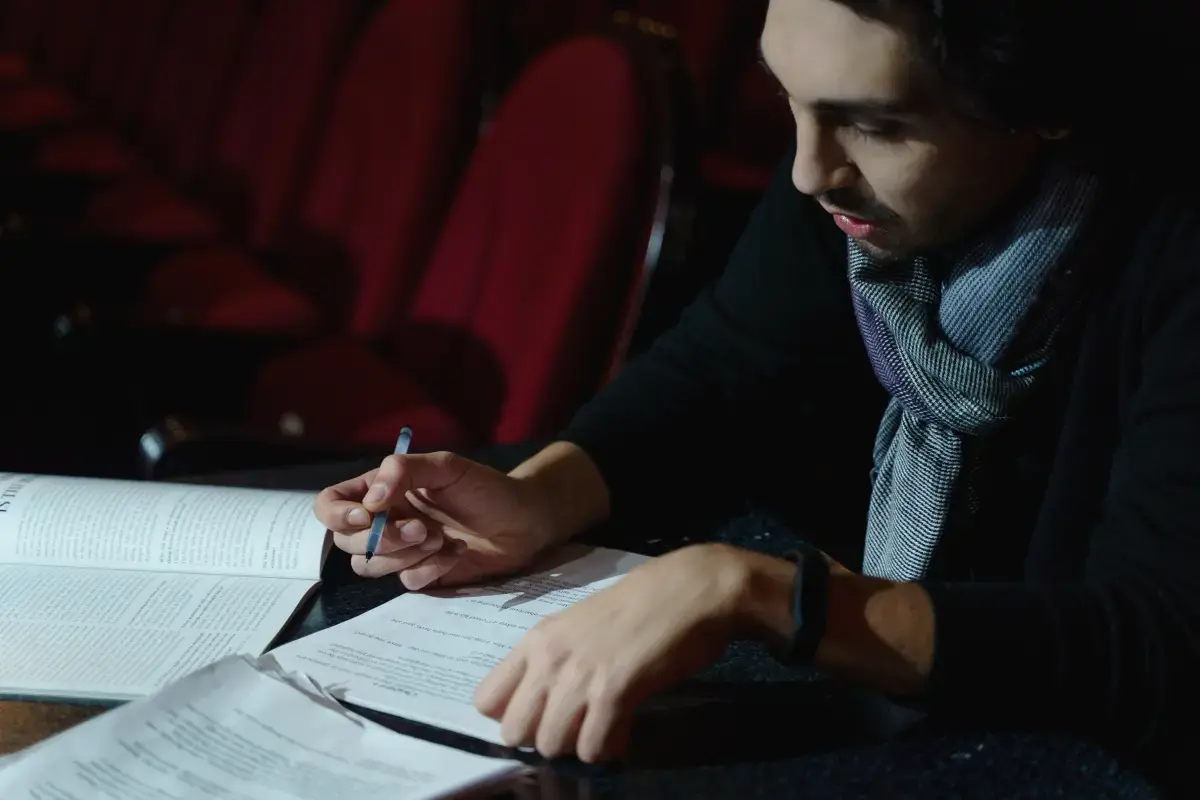
What are the Skills of a Stage Crew?
A stage crew is a group of individuals responsible for lugging around heavy equipment, setting up and breaking down stages, assisting performers during shows, and generally keeping things running smoothly behind the scenes. Though theater productions can vary greatly in size and scope, most stage crews are made up of a core group of essential personnel who work together to make sure everything runs according to plan. The first step in becoming part of a stage crew is to develop some basic skills. Many jobs on a stage crew require at least moderate strength and physical stamina, as well as the ability to lift and carry heavy objects. It’s also important to be able to follow instructions carefully and work well as part of a team. If you have experience with carpentry or electrical work, that can be helpful too.

What makes an Expert Stage Crew?
Most stage crews are run by experienced professionals who have been working in the business for years. However, it’s often possible to get your foot in the door by starting out as an intern or assistant. These positions may not pay very much (if anything), but they provide an opportunity to learn about the day-to-day operations of a stage crew and potentially make connections that could lead to future employment opportunities. Once you’ve landed a job on a stage crew, it’s important to take advantage of every opportunity to learn and grow your skill set. Even if you start out in a relatively low-level position, paying attention and being willing to lend a helping hand when needed can eventually lead to promotions and more responsibility within the organization. There will always be new challenges associated with live theatrical productions, so being adaptable and flexible is key. By developing these essential skills early on in your career, you’ll be well-positioned for success as you move up through the ranks of the stage crew world!
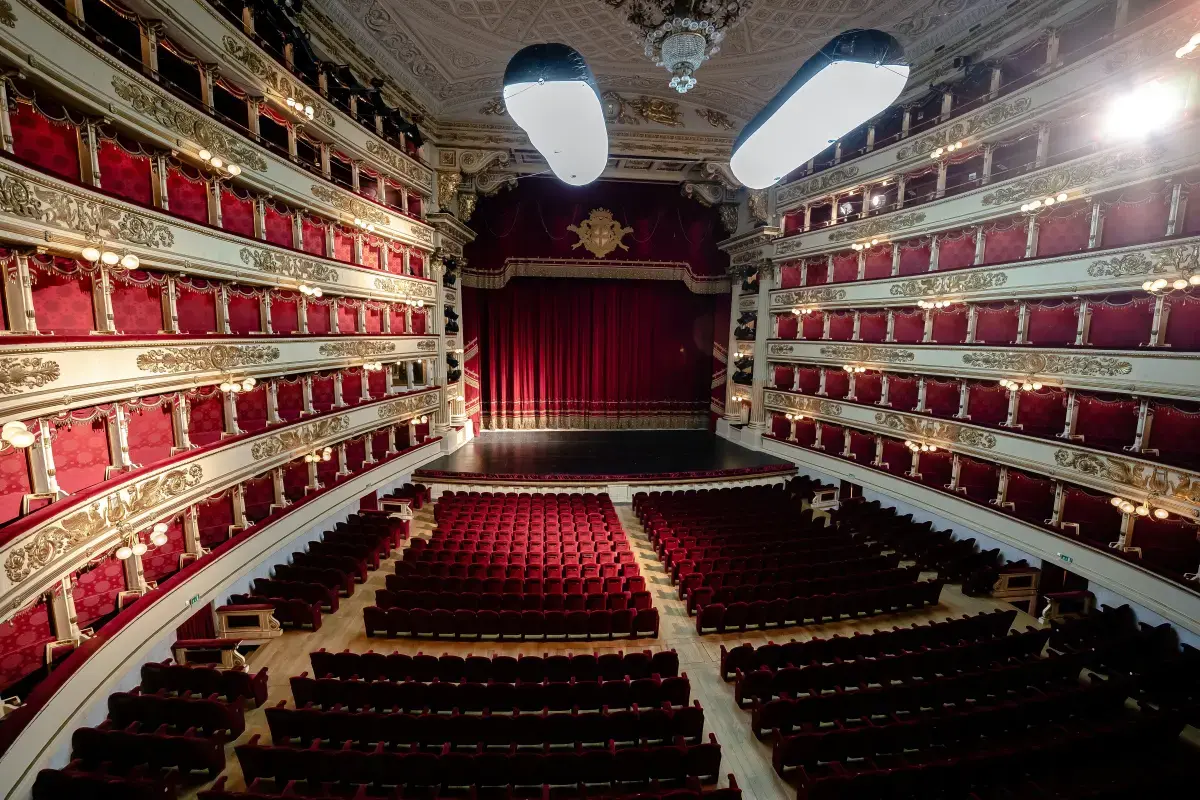
What level of Experience & Qualifications are required to be a Stage Crew?
Industry Experience: 1. At least 5 years of experience in the stage crew industry, including working on a variety of productions and events. 2. Knowledge of rigging, lighting, sound systems, and other technical aspects of production. 3. Ability to work quickly and efficiently under pressure in a fast-paced environment. 4. Familiarity with safety protocols and procedures for working on stage sets or equipment. 5. Understanding of how to troubleshoot technical issues that may arise during a performance or event setup process. 6. Ability to communicate effectively with other members of the production team as well as performers and audience members when necessary. Training: 1. Completion of an apprenticeship program or certification course in stage crew operations from an accredited institution or organization such as USITT (United States Institute for Theatre Technology). 2 .Attendance at workshops, seminars, conferences related to the field such as LDI (Lighting Dimensions International) or ESTA (Entertainment Services & Technology Association). Qualifications: 1 .Ability to read blueprints and diagrams related to set design and construction processes accurately and quickly while adhering to safety standards at all times.. 2 .Knowledgeable about various types of audio/visual equipment used in live performances such as microphones, speakers, projectors etc., along with their proper installation techniques.. 3 .Familiarity with different types of theatrical lighting fixtures including dimmers, gels filters etc., along with their proper operation techniques.. 4 .Proficiency in using hand tools such as hammers drills saws etc., for constructing sets according to specifications.. 5 .Excellent problem solving skills when dealing with unexpected issues that may arise during a performance setup process.. 6 .Strong organizational skills for managing multiple tasks simultaneously while ensuring quality control throughout the entire process.. Education: 1 .High school diploma or equivalent is required; Bachelor’s degree in theatre arts is preferred but not mandatory.. 2 .Completion of courses related to theatre technology from an accredited institution is beneficial but not mandatory
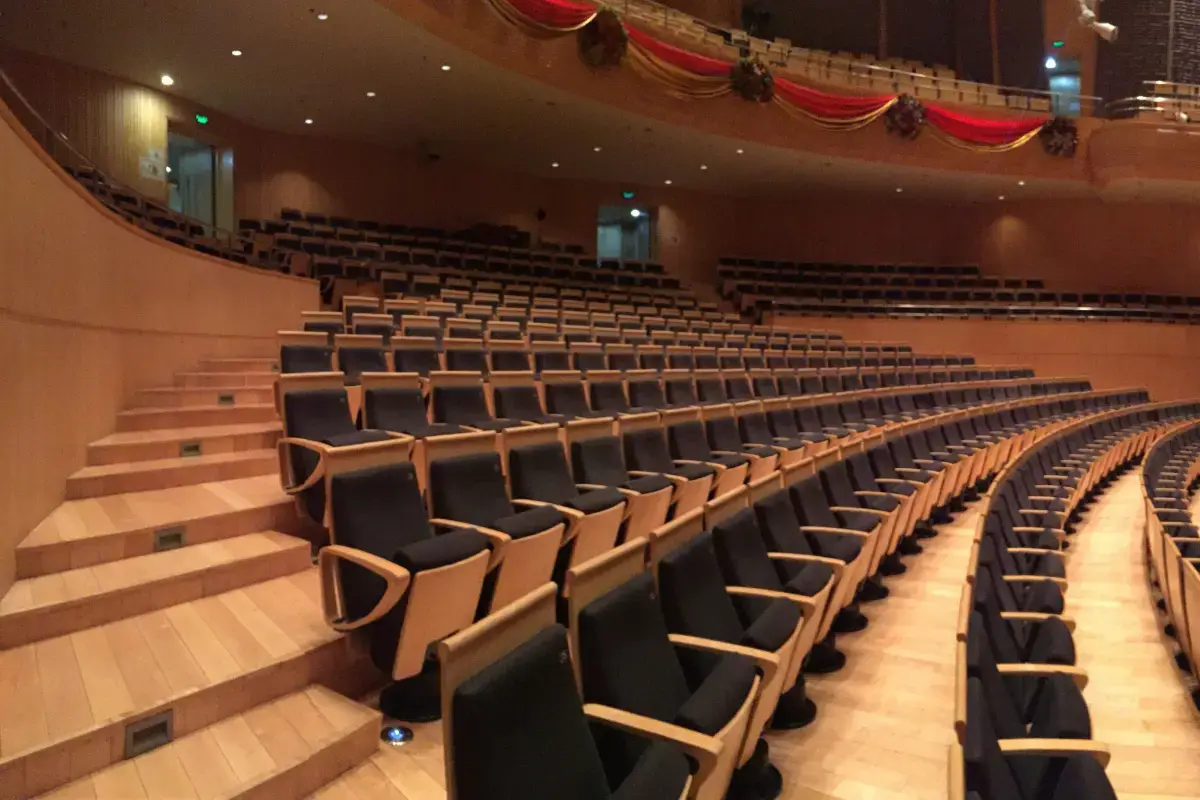
What is the Salary of a Stage Crew?
The salary expectations of a stage crew can vary greatly depending on the size and scope of the production, as well as the experience level of the individual. For junior positions, such as a Stagehand or Production Assistant, salaries typically range from $10 to $15 per hour. These positions are often entry-level and require little to no prior experience in stage production. At mid-level positions, such as a Lighting Technician or Sound Engineer, salaries can range from $20 to $30 per hour. These roles usually require some prior experience in stage production and may involve more complex tasks than those at entry-level positions. Senior positions, such as Head Electrician or Technical Director, can command salaries ranging from $35 to $50 per hour. These roles typically require extensive knowledge and experience in stage production and may involve managing other crew members or overseeing multiple aspects of a show’s technical elements.

What are the Working Conditions for a Stage Crew?
Stage crew members typically work in a variety of settings, including theaters, concert halls, and other venues. They are responsible for setting up and breaking down the stage before and after performances. This includes assembling props, rigging lights and sound equipment, constructing sets, running cables, and more. Stage crew members must be able to lift heavy objects safely and follow instructions from the director or production manager. They may also need to troubleshoot technical issues during a performance. Working hours vary depending on the venue but can include long days with early mornings or late nights. Safety is paramount when working with large pieces of equipment so it is important that all safety protocols are followed at all times.

What are the roles and responsibilities of a Stage Crew?
to load in and set up the stage before a performance
to strike the stage at the end of a performance or work day
to maintain props and scenery during a performance
to operate technical theater equipment such as lights, sound, and pyrotechnics
to fly or rig scenery and curtains
to oversee the running of technical rehearsals
to provide support for performers onstage during a performance
cue lighting changes, prop changes, and special effects cues
monitor backstage activity during a performance
be aware of potential safety hazards while also maintaining focus on the show
collaborate with other backstage crew members
help load in trucks
unload trucks
put away tools
sweep floors
mop floors
clean bathrooms
take out trash
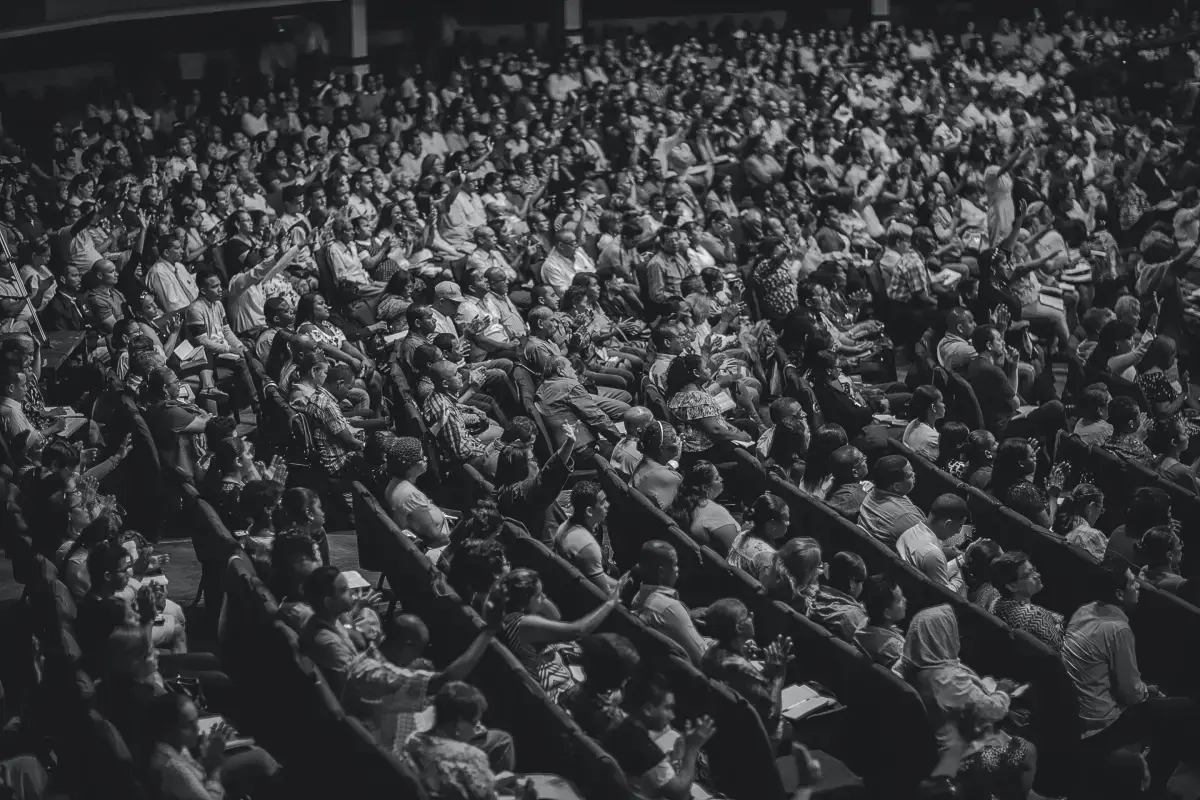
Where can I find Stage Crew jobs?
- Create a profile on gigexchange and promote your Stage Crew skills to advertise you are Open to New Work Opportunities
- Ensure your Resume (or CV), or online work profile is up to date and represents your skills and experience. Ensure your reputation reflects your ability & attitude.
- Apply for Stage Crew Jobs advertised on gigexchange.
- Practise Stage Crew interview techniques to ensure you represent your personality and ability succinctly and confidently.
- Accept the job offer if the salary meets your expectations and the employer mission and purpose reflects your core values.
Jobs
What are the best job boards for Theater Crew jobs?

How can I hire Stage Crew staff online for my business?
The best job board for recruiting Stage Crew experts is gigexchange.com. Advertise full-time, part-time or contract jobs to find, hire & recruit trusted, experienced and talented Stage Crew candidates near you.
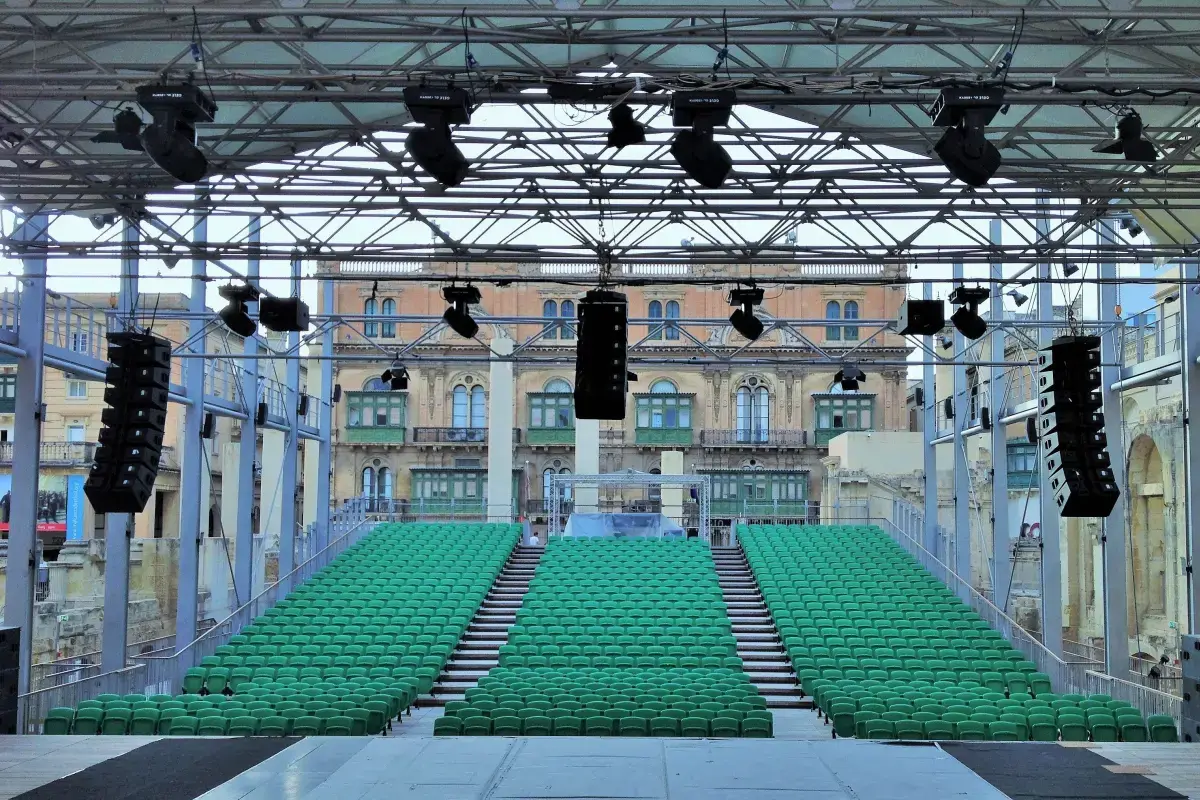
Are Stage Crew roles in demand in 2026?
Stage Crew experts are still in high demand in 2026. If you are an experienced Stage Crew or looking to train and become one. The job market is looking strong for Stage Crew jobs near me.